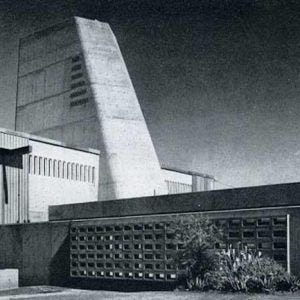The Secretary of State for Environment, Food and Rural Affairs, Margaret Beckett, and the Secretary of State for Health, Alan Milburn, made the decision after considering all the relevant information, including the comments received in response to the five public consultations that have been carried out since 1997. The latest round of consultations, carried out at the end of July this year, invited comments from the public on a report prepared by consultants Arthur D. Little. Should SMP be allowed to operate, the report concluded, there would be an expected national economic interest case net present value of £216 million and a 97% probability of it being greater than zero.
The Irish government has said it would take Britain to court over the decision, and is drawing up a legal action under European Union law, as well as considering a claim under the United Nations Convention on Law of the Sea. Joe Jacob, Irish minister with responsibility for nuclear safety, said: “Make no mistake, this is a battle we must win. We will exploit every legal avenue which will stop this disastrous development in its tracks.” Irish Prime Minister Bertie Ahern told the Irish parliament he would be raising the matter with his British counterpart Tony Blair. Ireland has a long history of opposition to Sellafield, located about 60 miles from the Irish coast.






